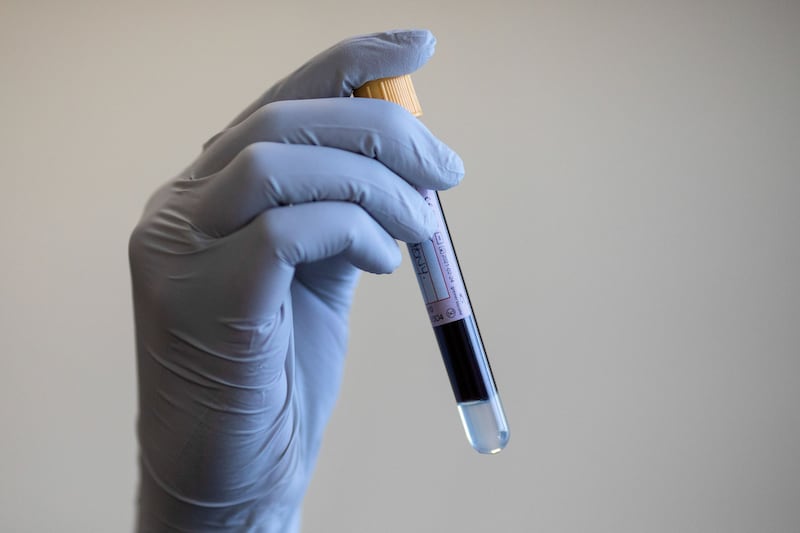PARKINSON'S Disease is neurological condition that affects around 8,000 people in Ireland. It is named after Dr James Parkinson, who first identified it in 1817. Parkinson's disease affects the way the brain co-ordinates body movements.
Wednesday April 11 is World Parkinson’s Day, with events happening all over the UK and Ireland all week to help raise awareness about the condition.
:: What is Parkinson’s Disease?
Parkinson’s disease is characterised by its three main symptoms: slowness of movement, shaking and stiffness, caused by a loss of the nerve cells in part of the brain called the substantia nigra.
These cells are responsible for producing the neurotransmitter dopamine, responsible for sending messages between the brain and the nervous system to help control and coordinate movement in the body.
If these nerve cells become damaged or die, the amount of dopamine is reduced and movement becomes slow and abnormal. Symptoms develop over time and can range from anxiety and depression, to sleep disturbances and hallucinations Parkinson’s is a complex neurological condition with a wide range of physical and mental symptoms, so not everyone will experience the condition in the same way.
:: Diet and Parkinson’s Disease
Although there is no specific diet that can treat Parkinson’s or its symptoms, a healthy, nutritious and well-balanced diet can help to improve general well-being and the timing of meals can be important for some people taking the medication l-dopa.
1) Low blood pressure is common with Parkinson’s, so keeping well hydrated with water and eating small, frequent meals can be beneficial. Good hydration may also help to ease cramping, another side effect associated with the condition.
2) Eat more vegetables than fruit. Aim for at least seven portions of fruits and vegetables every day. Include as many different colours as you can and use different cooking methods like steaming or stir-frying to conserve the antioxidant content. Choose organic if possible.
3) If you are taking medication for Parkinson’s, keep in mind that protein can reduce the absorption and effectiveness of your l-dopa medication. Levodopa is a protein building block so it competes for absorption with other proteins. Some people find their medication works better if they eat carbs and vegetables around the time of their l-dopa medication and have their protein based meals at a different time. Protein foods include fish, eggs, chicken, meat, pulses (lentils/beans), nuts and seeds.
4) Keep sugar to a minimum and avoid white and refined carbohydrates. Keep an eye on food labels. 5g or less per 100g is a low sugar level.
5) Avoid strong stimulants such as coffee, tea and energy drinks and drink mild stimulants such as green tea only occasionally. Some people find caffeine can affect symptoms adversely.
6) Keep alcohol to a minimum, for example, one unit per day, three to four times per week.
7) Support a healthy digestive system by relaxing before you eat and chewing your food thoroughly. Probiotic supplements and/or live yogurt support a healthy gut environment and may be recommended, particularly if you have digestive symptoms like constipation.
8) Eat fish at least twice a week (mackerel, herring/kipper, sardines, anchovy, salmon and trout). Packed with omega 3 fats to help support the brain.
9) Have a handful of nuts and seeds every day. Try milled seeds if you have digestive problems.
10) Research shows that people with Parkinson’s have lower levels of vitamin D than the rest of the population. Consider supplementing vitamin D at 2200iu a day, especially between October and May, due to lack of sunlight. You can get vitamin D tested at Betteryou.com
There are local support groups throughout Ireland. Contact: https://www.parkinsons.org.uk/about-us/parkinsons-uk-northern-ireland for your local group.
:: Contact Jane at www.vital-nutrition.co.uk or on facebook @vitalnutrition1









